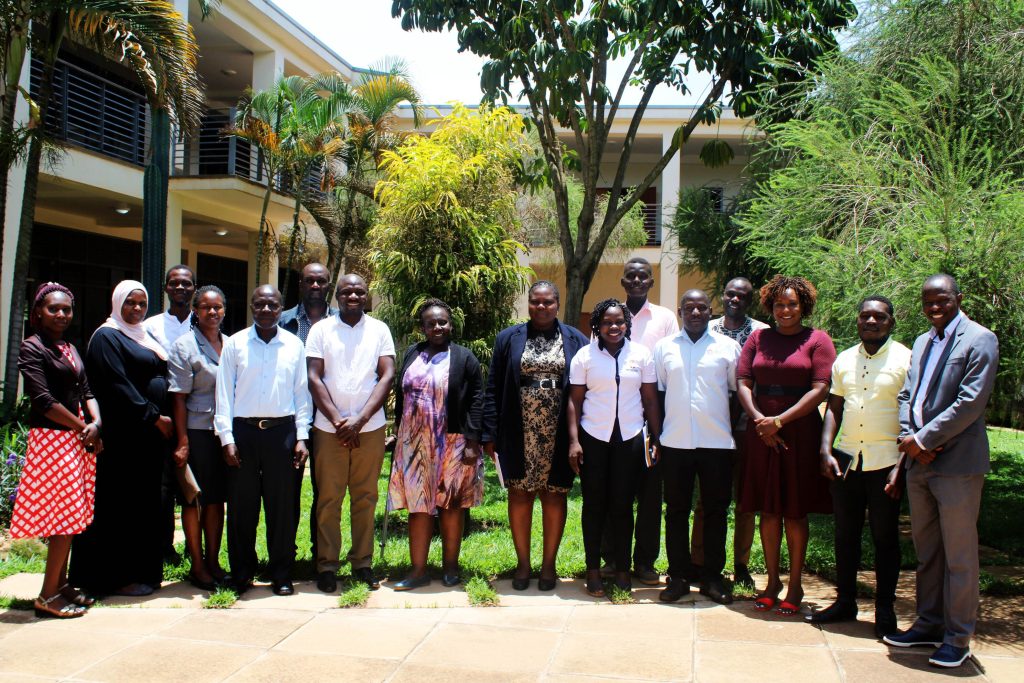By Eriah Lule, Photos by Laura Cenge
Malnutrition, according to UNICEF, threatens to wipe out an entire generation of Ugandan children. More than one-third of all young children are stunted (2.4 million). The effects of stunting are irreversible.
With such worrying figures in a country with more than 45 million people where 78% of its population are young people, there is a justified reason why Dr. Geoffrey Ssepuuya, a food scientist from the Faculty of Agricultural Sciences, led a team from Uganda Christian University (UCU) to embark on a research titled ‘Feed waste to cricket feed.
A grant from the Uganda National Council for Sciences and Technology made the research possible. The project’s goal was to develop and distribute compound feeds for crickets with a protein content of 50%-65%.
Crickets, a delicacy that is good for human consumption, can be processed and served in different ways to help improve people’s nutrition.
The research doesn’t only stop at fighting malnutrition but also targets fighting solid waste in the country. Solid waste, especially food waste, is being used as sample specimens to make cricket feeds.

Ssepuuya confirms that the research is trying to provide a protein at a relatively low cost compared to the cost of living, where all animal-source protein is very expensive to afford.
“The fact that proteins are expensive means we have to find an alternative while still improving our nutrition. We used the food waste to generate cricket feeds that would provide protein at a low cost in a short period of time”, he said. We are solving the waste problem, malnutrition, and creating employment for people who will venture into cricket keeping or selling their feeds”.
Ssepuuya started the project in 2021 and believes it has already started yielding results. He further believes that these insects would be used to add value to all foods and increase their protein content.
Agwang Florence from the Uganda National Council for Sciences and Technology affirmed that the research’s progress is amazing and promising according to her assessment because it will help in waste management.
“Improper waste management is a national challenge; with such projects, I believe we as well try to curb this challenge to its knees”, she said.
The Dean of the School of Agricultural Sciences, Dr. Rosemary Bulyaba, noted that the project holds a lot of potential because of the role insects play in nutrients. The project is also running on the university’s vision of becoming a research-based university.
“We, as the administration, offer the needed support as long as such projects are going to help our citizens. “We are combating malnutrition as well as waste management.”
The project attracted a lot of people from different professions, but one of them, Dr. Livingstone Mutyaba, an economist, confirmed that the return on investment is 84%. The raw materials for the feeds and market are guaranteed and sustainable.
Ssepuuya further notes that the whole production is done with the help of solar energy, which leaves a very big gap; he highlights the lack of proper and standard infrastructure if they are to start standard production.


